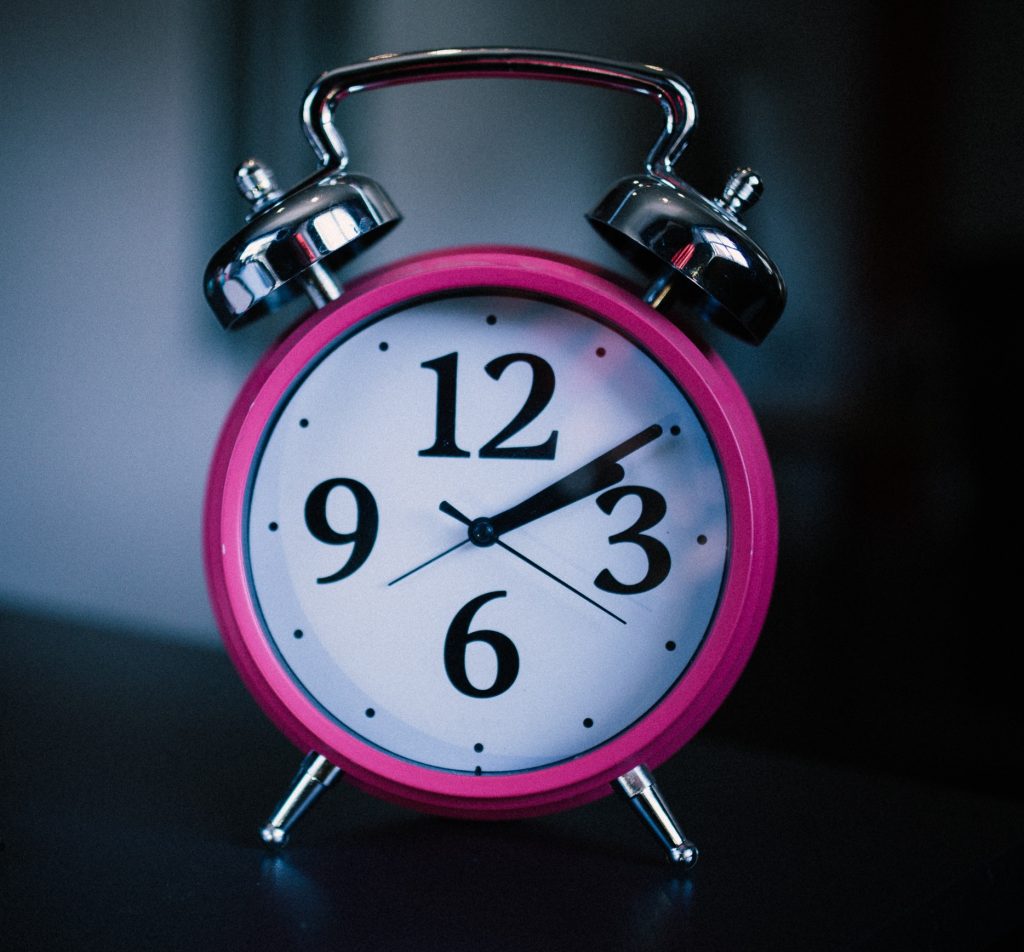Today is ‘World Sleep Day’
Shouldn’t that be ‘World Sleep Night’? ?
Do you celebration when you manage to get a good night’s sleep?
Reflecting on sleep…or lack of…and the connection between –
Sleep and women’s Health
How interesting is this…so the female hormones which govern our menstrual cycle (estrogen, progesterone, FSH, LH, prolactin and growth hormone) as we know regulate the reproductive function.
… or they are supposed to!!
But did you know they also influence sleep and circadian rhythms?
Circadian rhythms are our sleep wake cycle, and consist of physical, mental, and behavioural changes our body makes in response to (primarily), light and darkness.
Estrogen promotes a healthy sleep by helping the body use serotonin and other sleep assisting neurochemicals.
Progesterone can be seen as a calming hormone that boosts relaxation and thereby facilitating sleep. It does this by increasing production of GABA, which is another neurotransmitter.
You can imagine then, when our hormones are out of sync, our sleep health suffers
We usually know when our hormones are out of sync (and maybe your partner does too when you suffer with PMS!)
Then there is the perimenopause when estrogen levels start getting a bit erratic and eventually drop to a low level. Progesterone also drops during perimenopause but after menopause stops being produced all together. So not just a cause of sleep issues but also may cause anxiety!
So what can we do about it? FInding the cause of our sleep issues and hormonal imbalances would be the best thing to do and then you can work from there. But the human body is a complicated biochemical system and it’s not always that easy.
But there are a few steps you can start taking immediately.
- Make sure you have a good blood sugar balance by eating 3 healthy meals a day, cut out sugary snacks and processed foods, eat protein and fat alongside your carbs.
- Keep stress levels balanced – do you have a good work-life balance and time for hobbies and ‘me’ time? Cortisol the stress hormones plays havoc with blood sugar.
- Get a good sleep routine going – no ‘blue’ light before bed (where some yellow tinted glasses and avoid electronic equipment a couple of hours before bed)
- Then all the usual suspects…you know these already. No caffeine or heavy meals at least 3 hours before bed; use black out blinds at the window;go to bed and get up at a reasonable hour; avoid alcohol (it may seem it gets you to sleep but you will awake in the night instead); meditation or guided mindfulness will help you switch your brain off before bed as well.
So seeing that it is so important to get a night time sleep routine going…how about setting an alarm clock for in the evening…as a reminder that it’s time to wind down!

Recent Comments